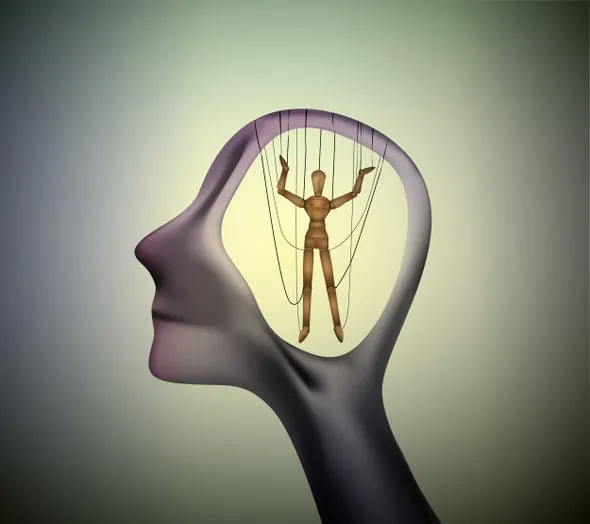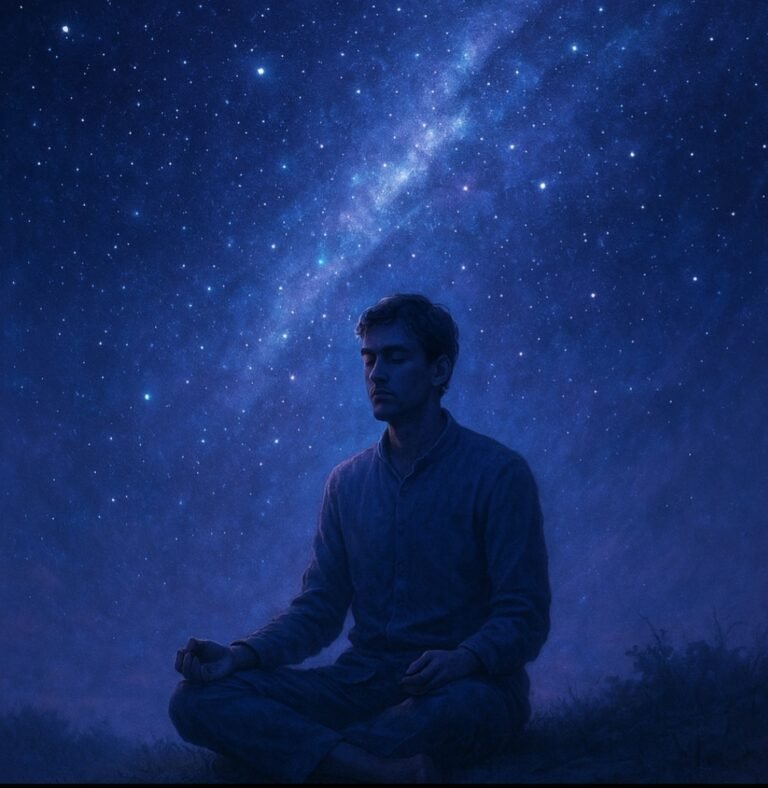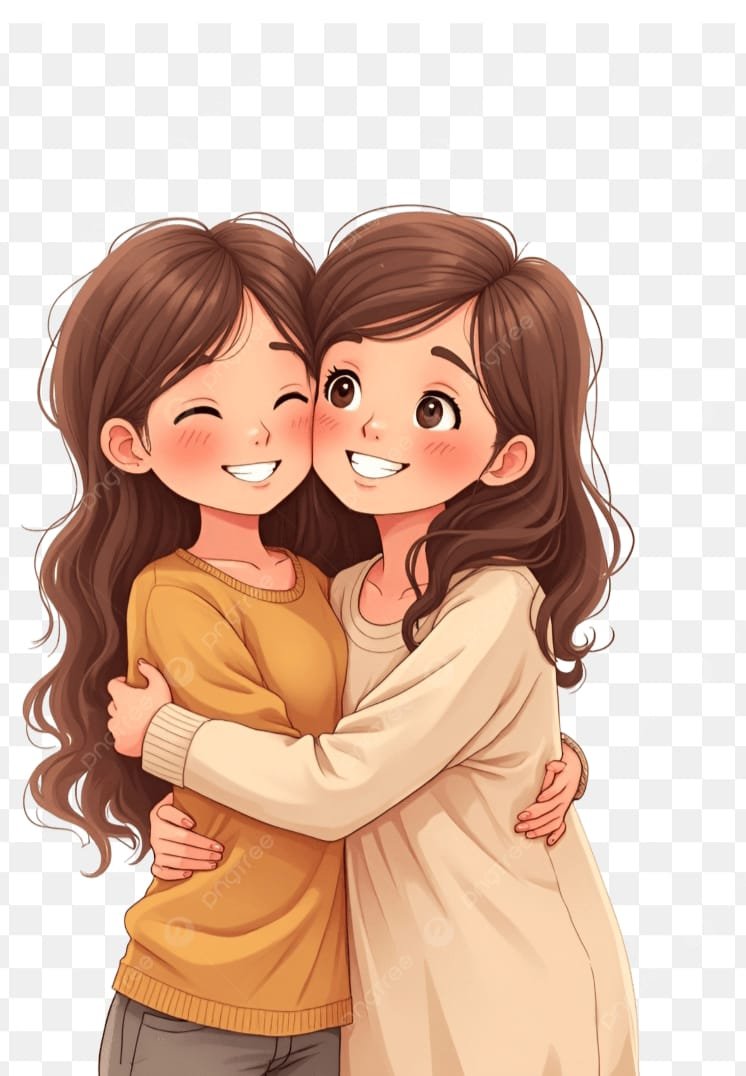
Randomness or Free Will
Free will: what is it? Our capacity to make deliberate decisions free from unconscious forces, conditioning, or fate is generally referred to as free will. Free will can refer to either libertarian (indeterministic) free will or compatibilist (deterministic) free will.
Libertarian free will supports the common belief that we make choices and are responsible for our actions. It also provides a basis for moral responsibility. Libertarians often argue that previous events do not determine some of our choices but instead involve indeterministic processes, meaning there is an element of chance or randomness. They generally believe that free will and determinism cannot both be true. This means that if determinism is correct, then free will is false, and vice versa.
Determinism supports that all events, including human actions, are causally determined by prior events and natural laws, suggesting our choices are not truly free but predetermined. If one could know all conditions and laws of the universe, predicting future events, including human decisions, would be possible. For example, a coin toss has a 50% chance of heads or tails, showing that some outcomes can be predicted based on probabilities. This indicates that the universe cannot be predicted with absolute certainty, implying that if determinism is true, free will is just an illusion.
Let’s review how different religions view the concept of free will:
Buddhism does not fully support either absolute free will or strict determinism. It teaches that free will is conditioned, meaning it’s not entirely “free” from influences. The Buddhist concept of karma focuses on the moral cause and effect of actions in this life. In contrast, Hinduism often connects karma to shaping one’s destiny across future lifetimes.
Islamic doctrine teaches that humans have free will, and the choices they make are their own. These actions are accounted for on the Day of Judgment. However, this free will operates with the permission and knowledge of God.
Swami Vivekananda, a Vedantist, offers a nuanced view from the Hindu tradition. He says, “The will is not free; it is a phenomenon bound by cause and effect. But there is something behind the will which is free.” He adds, “To acquire freedom, we have to get beyond the limitations of this universe; it cannot be found here.”
Within Vedanta, interpretations vary. For instance, Madhvacharya, a dualist philosopher, taught that individual souls have no free will, as all actions are prescribed by Lord Vishnu. Vedantist Anandmurti Gurumaa asserts that it’s not a predestined destiny that dictates our every action, but rather our capacity and choice.
According to Ernst Wilhelm, 50% of your current life is shaped by your past lives. Another 25% comes from your present family upbringing and ancestral karma, whether positive or negative. The remaining 25% is where your free will comes into play, giving you the power to either lower or upgrade your current life circumstances.
On the other hand, Mr. Sanjiv Malik explains that we each have 50% free will. He says that while 50% of life events are predetermined by past-life karma, the other 50%—our reactions to those events—is entirely up to us. These reactions become the foundation for shaping our future lives.
Free will is like a leash. Each soul is given a certain amount of room to move, based on its maturity. In the early stages, most choices are influenced by survival instincts, ego, and societal conditioning, representing only about ~5–10% of free will. As one begins inner work and develops self-awareness, emotional processing becomes more conscious, allowing for ~15–40% use of free will. With deeper alignment to the true heart and soul, this expands to around ~40–70%. Finally, when the will is fully aligned with the Source—in love and service to others—free will can be expressed at ~70–100%. In other words, as the soul’s karmic account starts clearing up, predestined events are lessened, and the more free will access it holds.
According to the book Right Use of Will: Healing and Evolving the Emotional Body, the Will is the feminine side of God or Source. It is the part of creation that feels, receives, and responds emotionally. Many people are not able to fully use their free will because they carry emotional pain—like fear, anger, or grief—from past lives. These feelings often get pushed down or ignored, which blocks our ability to make truly free choices. Instead of making a decision or responding from a place of awareness and love, we react from fear, trauma, and old habits. To truly have free will, we must heal our emotional wounds and stop judging or denying our feelings. Only then can we make choices that come from our conscious, whole self.
To increase our free will:
- Cultivate self-awareness through meditation and self-reflection.
- Strengthen emotional regulation by recognizing and using deep breathing or journaling.
- Increase knowledge and understanding by mind work and awareness of biases and automatic patterns.
- Practice deliberate decision making with contemplation
- Build willpower and discipline, resisting small temptations, overcoming attachments
- Reduce external influences by limiting distractions and surrounding yourself with like-minded people.



